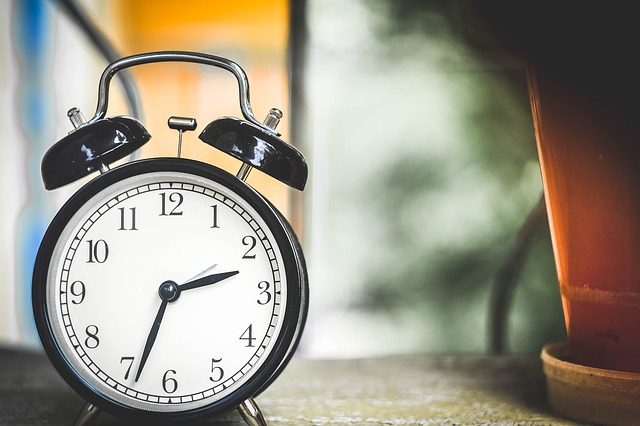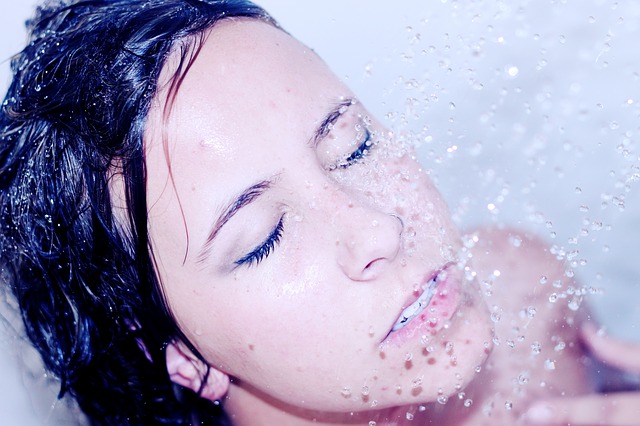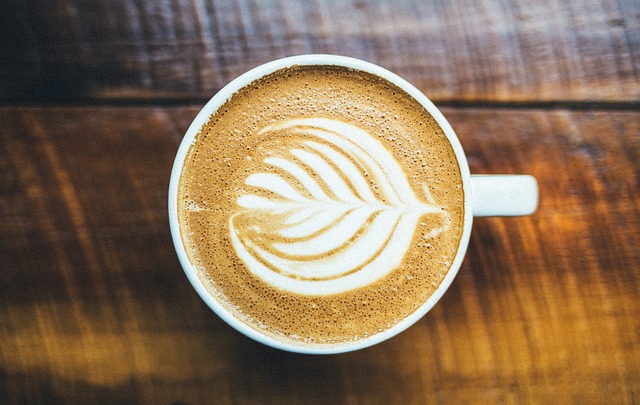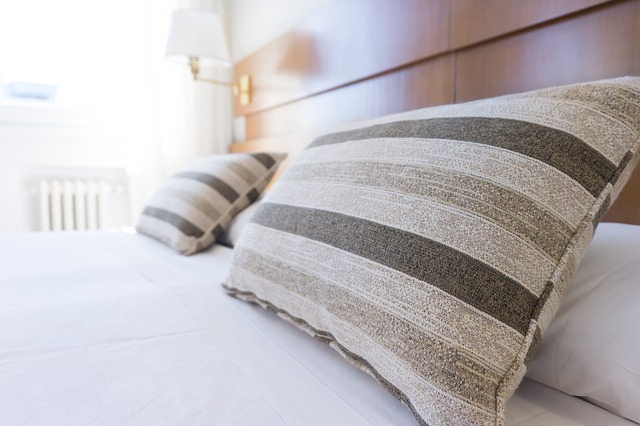On an average, it takes an individual 10-20 minutes to fall asleep. Anything more than that suggests a problem, and anything less than that suggests that a person has sleep deprivation. Unless you are suffering from a disorder that is the cause behind your wakefulness, anxiety is usually the cause of your trouble falling asleep. Anxiety inhibits you from achieving a relaxed mind and body state that aids one in falling asleep. Therefore, one can try the following methods to beat the anxiety around not being able to sleep, and fall asleep faster:
1. Hide your clock

Continuously looking at the clock and seeing how much sleep you are missing out on, only increases your anxiety and stress, thus making it harder to fall asleep.
2. Forcibly try to stay awake
The harder you try to sleep, the more difficult it seems to get. Thus, although this might not be a long-term solution, one can use reverse psychology and force oneself to stay awake. A study done on this found that this paradoxical intention actually helped the participants who had sleep onset insomnia, fall asleep faster.
3. Cool your room
When you are about to fall asleep, your body temperature lowers a little. This slows down your metabolism and helps you fall asleep. Therefore, ensure that your room is at a comfortably cool temperature. A temperature of 15-23 degrees Celsius is recommended, but this may vary as per person.
4. Take a hot shower before going to bed

Taking a hot shower and then going to a cool room helps bring down your body temperature more quickly.
5. Use the 4-7-8 breathing technique
The 4-7-8 breathing method is said to help relax your body by increasing your oxygen intake and carbon dioxide release and slowing your heart rate. Given below are the steps for it:
- Breathe out through your mouth, making a whoosh sound.
- Now, close your mouth and breathe in through your nose, till the count of four.
- Hold your breath until the count of seven.
- Now, breathe out making a whoosh sound as you count till eight.
- Repeat this cycle at least thrice.
6. Make sure your circadian rhythm is on track
Follow a schedule so your body becomes habitual to falling asleep at a certain time. Experience both light and darkness so that your body’s internal clock is not disrupted.
7. Relax your body
Practice yoga, meditation, mindfulness, guided imagery, progressive relaxation, and breathing exercises to help calm and relax your body. Listening to calming music or using aromatherapy can also help relax your mind and body.
8. What not to eat and drink

Avoid foods high on carb before going to sleep, as they are said to have a detrimental effect on one’s sleep. High-fat foods, on the other hand, are said to promote sleep. Do not consume any form of caffeine at least six hours prior to your sleep time.
9. Exercise
Some form of physical exercise will help exhaust your body which will help you fall asleep faster. By increasing the production of serotonin and decreasing the level of cortisol in one’s body, exercising can help improve the quality as well as the quantity of one’s sleep. However, it is essential that one does not go overboard with it. The timing also matters. Exercising in the morning is said to be more beneficial than exercising during the evening.
10. Give yourself acupressure
Giving yourself acupressure on certain spots (between the eyebrows, between first and second toe, and ears) is said to alleviate sleeplessness.
11. Make yourself comfortable

An uncomfortable mattress is often the reason behind a poor night’s sleep. Thus, make sure you have a comfortable mattress and pillow.
12. Keep away all electronic devices
Most electronic devices emit blue light which is said to delay one’s sleep and also have a detrimental effect on one’s quality of sleep as well.
If you or someone you know is experiencing problems in falling asleep, please consult an experienced psychologist to rule out any mental health issues.

